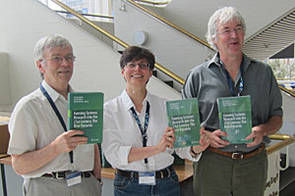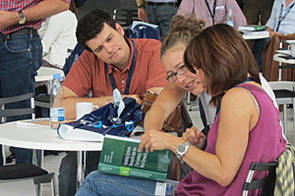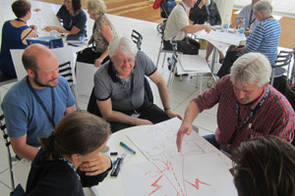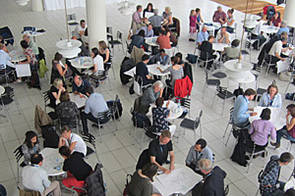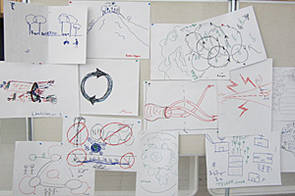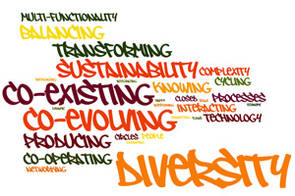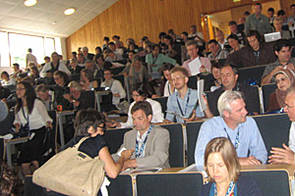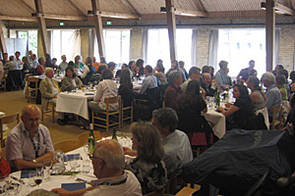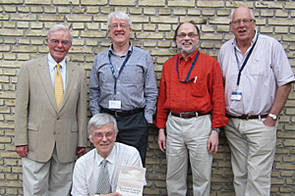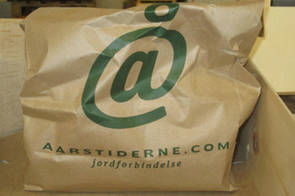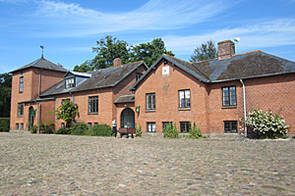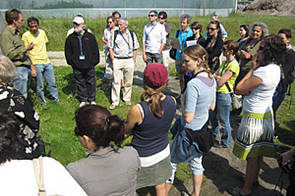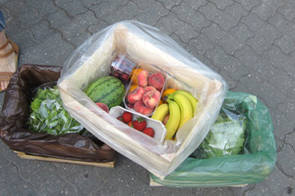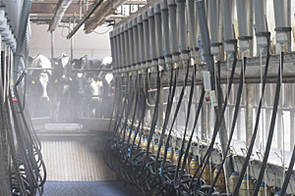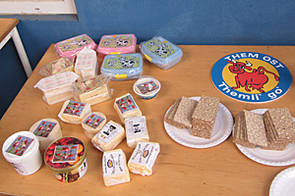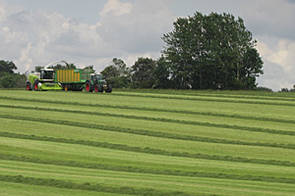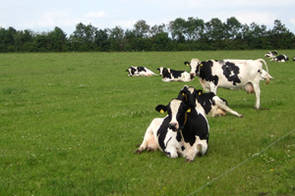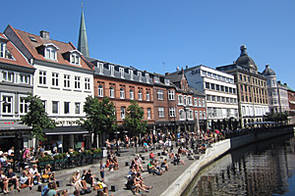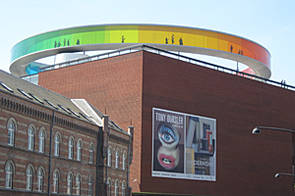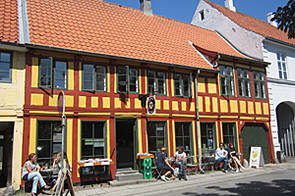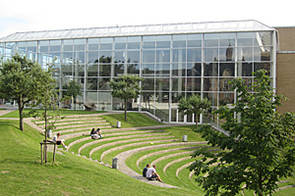
Producing and reproducing farming systems. New modes of organisation for sustainable food systems of tomorrow
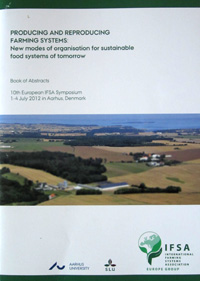
The 10th European IFSA Symposium was held 1-4 July 2012 in Aarhus, Denmark. It was organised jointly by the Aarhus University and the Swedish University of Agricultural Sciences: conference website.
The Local Organising Committee comprised: Egon Noe, Chris Kjeldsen, Hugo Alroe, Jytte Christensen, Nadarajah Sriskandarajah, and Rebecka Milestad.
The proceedings comprise the papers that were presented in one of the 17 workshops which were grouped around 6 themes. The papers have undergone a review process before being included in the proceedings.
You can download the full papers by clicking on the workshops below, or browsing through the themes via the menu on the left.
Some of the papers presented at the IFSA 2012 have beenpublished, e.g. Laurens Klerkx, Alex Koutsouris and Pierre Labarthe were guest editors of a Special Issue of the Journal of Agricultural Education and Extension 19(3) which comprises 6 papers presented in WS 1.1 - Knowledge flows in pluralistic research and advisory systems.
Keynotes:
'Solving' the problems of sustainability and food security: exploring the new disorder and its scientific and spatial responses. Draft Keynote speech by Terry Marsden
Achieving sustainability via ecolabels? Examining the social and ecological dynamics of the 'food from somewhere' regime. Keynote Presentation by Hugh Campbell and Henrik Moller
Some pictures of the IFSA 2012
Cartoons drawn by Niels Roland during the IFSA 2012 (compiled in a short video, posted on YouTube)
Theme 1: Learning and collective action
WS 1.1. Knowledge flows in pluralistic research and advisory systems
WS 1.2. Family farms as educational farms. Possibilities and perspectives
WS 1.3. Understanding agricultural structural changes to support inclusive policy dialogue
Theme 2: Institutions and policy
WS 2.1. Comparing the impacts of neoliberal and highly regulated approaches to agriculture
WS 2.2. Systems thinking and practice in rural innovation
Theme 3: Farming systems
WS 3.1. Farming systems' adaptation to climate change
WS 3.2. Succession in farming and new forms of business operations
WS 3.3. Restructuring family farm's mode of action
Theme 4: Food systems and networks
WS 4.1. Civic food networks as driver for sustainable food and farming systems
WS 4.2. Sustainable local public food systems
Theme 5: Landscape and land use
WS 5.1. The landscape as the basis for integrating different dimensions
WS 5.2. Assymetric rural development and revalorization of marginal lands in Europe
WS 5.3. Research-Education-Action platforms
Theme 6: Assessing sustainability
WS 6.1. Balancing and communicating overall assessments of food systems
WS 6.2. Pathways towards a sustainable co-production of food and bioenergy in dev. countries
WS 6.3. Organics: Their dynamics
WS 6.4. Integrated simulation modelling in farming systems research
Some pictures of the IFSA 2012
